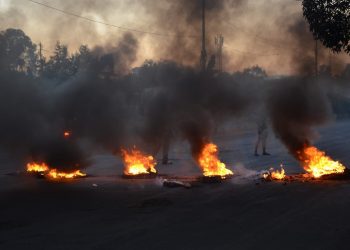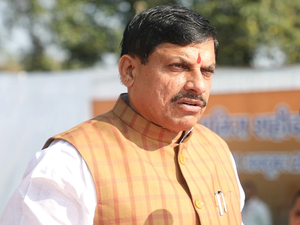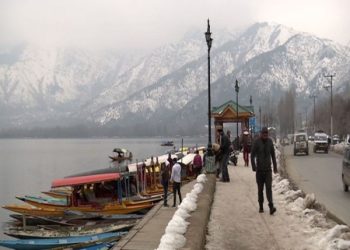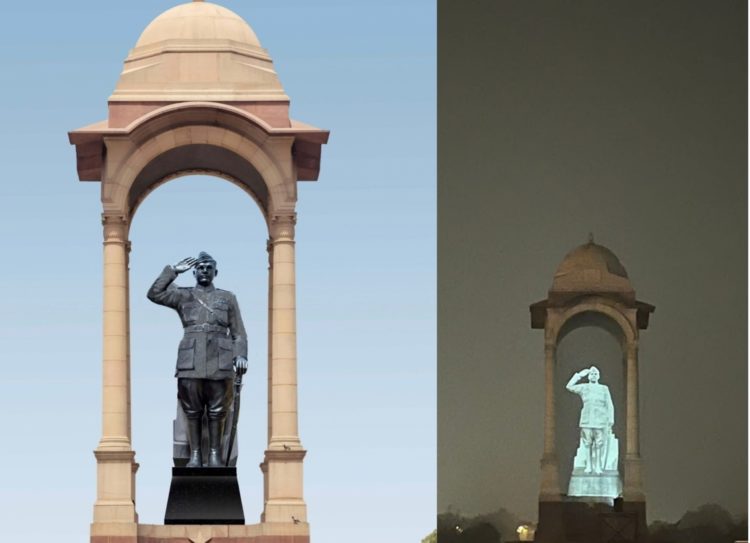New Delhi: With an aim to recognize and honour the invaluable contribution and selfless service rendered by individuals and organisations in India in the field of disaster management, the Ministry of Home Affairs has selected Professor Vinod Sharma in the Individual category and Gujarat Institute of Disaster Management in the Institutional category for the Subhash Chandra Bose Aapda Prabandhan Puraskar 2022 for their excellent work in Disaster Management.
The MHA has instituted an annual award known as Subhash Chandra Bose Aapda Prabandhan Puraskar which is announced every year on January 23 on the birth anniversary of Netaji Subhash Chandra Bose. The award carries a cash prize of Rs 51 lakh and a certificate in case of an institution and Rs 5 lakh and a certificate in case of an individual.
For the award this year, nominations were solicited from July 1, 2021 onwards. The award scheme for the year 2022 was given wide publicity through print, electronic and social media. In response to the award scheme, 243 valid nominations were received from institutions and individuals.
They will be conferred with the Award, along with the awardees of the year 2019, 2020 and 2021, by Prime Minister Narendra Modi at the investiture ceremony which will be held on Sunday evening to commemorate the 125th birth anniversary of Netaji Subhash Chandra Bose.
Vinod Sharma, a senior professor at the Indian Institute of Public Administration and Vice-Chairman of the Sikkim State Disaster Management Authority, was the founder co-ordinator of the National Centre of Disaster Management, now known as the National Institute of Disaster Management.
He is known for working tirelessly towards bringing disaster risk reduction (DRR) to the forefront of the national agenda. His pioneering work in DRR in India gave him international recognition and he is a resource person to Lal Bahadur Shastri National Academy of Administration (LBSNAA) and all Administrative Training Institutes (ATIs) for disaster management. As Vice Chairman of the Sikkim State Disaster Management Authority, he has made Sikkim a model State in implementing DRR, whilst initiating panchayat level preparedness plans, linking climate change and DRR.
The Gujarat Institute of Disaster Management (GIDM), established in 2012, has been working to enhance the disaster risk reduction (DRR) capacity of Gujarat. Through a series of strategically designed capacity building programs, GIDM has trained more than 12,000 professionals on diverse issues concerning multi-hazard risk management and reduction during the pandemic. Some recent key initiatives include the development of a user-friendly Gujarat Fire Safety Compliance Portal, and development of a Mobile App Technology based Advanced COVID-19 Syndromic Surveillance (ACSyS) system to complement the COVID-19 surveillance efforts of Integrated Disease Surveillance Project.




















